Content
Free Mental Health Assessment
Nortriptyline Withdrawal: What You Should Know

Reviewed by Katelyn Hagerty, FNP
Written by Geoffrey C. Whittaker
Published 08/26/2022
Updated 08/12/2022
Antidepressants are valuable tools for the protection of your mental health. If you’re one of the tens of millions of American adults affected by depression, they can help you to maintain more stable moods and make real progress towards feeling better.
Nortriptyline, which is sold as a generic medication and under the brand name Pamelor®, is a tricyclic antidepressant (TCA). Like other antidepressants, it can help to provide relief from the symptoms of depression and allow you to maintain a higher quality of life.
Also like other antidepressants, nortriptyline can cause withdrawal symptoms -- referred to as antidepressant discontinuation syndrome -- if it’s stopped abruptly.
In some cases, these symptoms can be significant, especially if you’ve been prescribed a high dose of nortriptyline for a long period of time.
If you’re prescribed nortriptyline and want to stop using your medication or adjust your dosage, it’s important to do so carefully (and with your healthcare provider’s approval) to avoid dealing with withdrawal symptoms.
Below, we’ve talked about what nortriptyline is, as well as how it works as a treatment for major depressive disorder (MDD, or major depression).
We’ve also explained what nortriptyline withdrawal is and the specific symptoms you may notice if you stop taking your medication abruptly.
Finally, we’ve explained what you can do to avoid dealing with nortriptyline withdrawal, including other antidepressants that you may want to discuss with your mental health provider.
Content
Nortriptyline is a tricyclic antidepressant, or TCA. It’s approved by the FDA as a medication for the treatment of depression.
Like several other antidepressants, nortriptyline is also commonly prescribed “off-label” to treat conditions other than those for which it’s approved by the FDA.
Common off-label uses for nortriptyline include:
Diabetic neuropathy
Migraine prophylaxis
Trigeminal neuralgia
Persistent myofascial pain
Chronic pain
Nortriptyline is also occasionally used off-label as one of several antidepressants for smoking cessation.
TCAs like nortriptyline function by regulating your levels of the neurotransmitters serotonin and norepinephrine. These neurotransmitters are involved in regulating your moods, thoughts and behavior, and may play a role in the development of depression.
Nortriptyline also inhibits the action of other naturally-occurring chemicals within your brain and body, such as histamine, 5-hydroxytryptamine, and acetylcholine.
Although nortriptyline is generally effective at treating depression, it’s rarely used as a first-line treatment today due to its risk of causing side effects -- a common issue for TCAs.
Instead, it’s far more common for people with depression to be prescribed newer medications, such as selective serotonin reuptake inhibitors (SSRIs) and serotonin-norepinephrine reuptake inhibitors (SNRIs).
However, your healthcare provider may recommend taking nortriptyline if you have depressive symptoms that don’t improve with newer medications.
Antidepressants like nortriptyline are effective at treating depression for most people. However, their effects aren’t immediate. It’s common to take antidepressants for up to eight weeks before you notice any effects, and it may take even longer than this for your moods to improve.
Like other antidepressant medications, nortriptyline may cause side effects while you’re using it to treat depression.
Common side effects of nortriptyline include:
Nausea
Drowsiness
Dry mouth
Constipation
Blurred vision
Heart palpitations
Tachycardia (fast heart rate)
Impaired coordination
Physical weakness
Loss of appetite
Increased appetite
Weight gain or weight loss
Difficulty urinating
Frequent urination
Excessive sweating
Paraesthesia (pins and needles)
Skin rash
Tiredness
Excitement
Anxiety
Nortriptyline can also cause sexual side effects, including changes in your sex drive and sexual function.
Because nortriptyline is an older, less selective medication than modern antidepressants, it may be more likely to cause these side effects. It’s important to let your mental health provider know if you notice any issues while using nortriptyline, especially if they’re severe or persistent.
Not only can older antidepressants like nortriptyline cause side effects while you’re using them -- they may also cause adverse effects if they’re stopped suddenly.
Referred to as antidepressant discontinuation syndrome, these withdrawal side effects generally happen when you abruptly stop taking nortriptyline, or suddenly reduce your dosage without any tapering period.
Nortriptyline Withdrawal Symptoms
Antidepressants such as nortriptyline can cause a range of unwanted side effects when they’re stopped without any warning. Common symptoms of antidepressant withdrawal include:
Flu-like symptoms, such as fatigue, lethargy, headaches, sweating and muscle pain
Insomnia, as well as other sleep issues, such as nightmares and/or vivid dreams
Nausea, including severe nausea and/or vomiting
Imbalance, such as dizziness, lightheadedness and vertigo
Sensory disturbances, such as tingling, burning or electric shock sensations
Hyperarousal symptoms, such as anxiety, irritability, agitation, aggressive behavior and muscle spasms
Many of these common withdrawal symptoms can also happen with other antidepressants, such as SSRIs or SNRIs. Research suggests that approximately 20 percent of people who stop using an antidepressant abruptly experience some degree of antidepressant withdrawal syndrome.
Nortriptyline Withdrawal Timeline
Withdrawal symptoms from antidepressant drugs usually begin to occur around two to four days after you stop using your medication. Typically, these discontinuation symptoms last for one to two weeks.
If you abruptly stop taking nortriptyline, you may notice withdrawal effects occurring slowly over the course of a few days before becoming more intense and severe. Alternatively, you may feel unwell rapidly after stopping your medication.
Because nortriptyline needs to be used on a consistent daily basis for depression improvement, stopping it may also cause your depression symptoms to return.
This means that you might notice your depression symptoms coming back at the same time as you’re experiencing other withdrawal symptoms.
Make sure to inform your healthcare provider if you start to feel unwell after adjusting your daily dose of nortriptyline or stopping treatment. It’s particularly important to talk with your healthcare provider if you feel concerned that your depression may be returning.
While nortriptyline withdrawal may sound alarming, the good news is that by taking a few simple steps, you can significantly reduce your risk of dealing with withdrawal symptoms.
First, if you’re thinking about not taking your medication because you feel like your depression is over, don’t make any changes just yet.
Care for depression is an ongoing process, and experiencing a reduction in the severity of your symptoms doesn’t necessarily mean that it’s time to stop using your medication. In fact, it could be a good sign that your medication is starting to work effectively.
Antidepressants are almost always prescribed for a reason, and just because you’re starting to feel better today, it doesn’t mean you should skip a pill tomorrow.
It’s particularly important not to stop taking nortriptyline if you have severe depression, or if you have a significant risk of suicide if your depression isn’t actively treated.
If you have side effects or adverse reactions from nortriptyline that are affecting your wellbeing and quality of life, or if you feel like your medication isn’t helping you, it’s important to reach out to your healthcare provider before you stop taking nortriptyline.
They’ll be able to inform you about your options and, if appropriate, give you some tips to help reduce your risk of experiencing withdrawal symptoms.
These may include:
Tapering your dosage gradually. If you’ve used nortriptyline or a similar antidepressant for several weeks or longer, your healthcare provider may recommend a gradual taper of your dosage to reduce your risk of developing unwanted side effects.
Adjusting your dosage. If you have unpleasant or severe side effects from nortriptyline, your healthcare provider may suggest a dose reduction rather than stopping use of your medication altogether.
Switching to a different antidepressant. In some cases, your healthcare provider may suggest switching to a different type of medication for depression.
This may involve stopping treatment with nortriptyline slowly, then switching to a different medication, or allowing a “washout period” of several days between medications to lower your risk of experiencing side effects or drug interactions.
As is always the case when it comes to antidepressant treatment, it’s important to closely follow your mental health provider’s directions when making changes to the way you take nortriptyline, including adjusting or tapering your dosage.
It’s also important to keep them informed if you notice any uncomfortable symptoms or signs of a depressive relapse while adjusting your dosage or stopping treatment.
Alternatives to Nortriptyline
Nortriptyline is one of many antidepressant agents used to treat depression. It’s rarely used as a first-line treatment today, largely because newer antidepressants offer most of its benefits with a reduced risk of side effects, interactions and other safety issues.
If you use nortriptyline and have safety worries, intolerable side effects or other issues, you may want to consider discussing alternatives with your healthcare provider.
Alternatives to nortriptyline include:
Selective serotonin reuptake inhibitors (SSRIs). These newer antidepressants are more selective than tricyclic antidepressants like nortriptyline, meaning they generally cause fewer side effects.
Popular SSRIs include fluoxetine (Prozac®), sertraline (Zoloft®), paroxetine (Paxil®), citalopram (Celexa®), escitalopram (Lexapro®) and fluvoxamine (Luvox®).Serotonin-norepinephrine reuptake inhibitors (SNRIs). These antidepressants are also more selective than tricyclic antidepressants. They work by inhibiting reuptake of serotonin and norepinephrine, two neurotransmitters associated with depression.
Popular SNRIs used to treat depression include duloxetine (Cymbalta®), venlafaxine (Effexor®) and others.Atypical antidepressants. In some cases, your healthcare provider may recommend using an atypical antidepressant. These antidepressants function differently from most medications for depression and often have a lower risk of causing certain side effects.
One popular atypical antidepressant is bupropion (Wellbutrin®), which is often used to treat sexual side effects caused by other forms of antidepressant therapy.
Since depression can vary in type and severity, you may need to try several medications before finding one that offers the right combination of symptom reduction and manageable side effects for you.
In addition to antidepressants, other forms of treatment may help you to manage the symptoms of depression and make progress towards recovery.
These include psychotherapy and lifestyle changes, such as exercising regularly, spending time with your close friends and family members, practicing mindfulness, and using other techniques to change the way you think and feel.
Our list of ways to help depression goes into greater detail about techniques that you can use in combination with pharmacologic therapy to feel better and make progress towards recovery.
Nortriptyline for depression is an effective antidepressant therapy when used as directed under the care of a professional, and it might help to reduce your symptoms of depression better than other treatment options.
Antidepressant discontinuation symptoms can occur with almost all medications for depression, and nortriptyline is no exception.
Withdrawal side effects from nortriptyline aren’t exactly lethal, but ignoring them can have major ramifications for your mental and physical health, as can avoiding treatment altogether.
The key to stopping nortriptyline withdrawal syndrome is to avoid abrupt discontinuation of your medication. This means talking to your healthcare provider and closely following their directions, whether they suggest tapering your dosage or switching medications entirely.
If you’re worried that you may have depression, it’s important to access expert help. You can do this by connecting with a provider online using our online psychiatry service and taking part in a personalized consultation and evaluation.
We also offer a range of other evidence-based mental health services, including online therapy and anonymous online support groups.
3 Sources
Hims & Hers has strict sourcing guidelines to ensure our content is accurate and current. We rely on peer-reviewed studies, academic research institutions, and medical associations. We strive to use primary sources and refrain from using tertiary references.
- Gabriel, M., & Sharma, V. (2017). Antidepressant discontinuation syndrome. CMAJ : Canadian Medical Association journal = journal de l'Association medicale canadienne, 189(21), E747. https://www.ncbi.nlm.nih.gov/pmc/articles/PMC5449237/.
- Merwar G, Gibbons JR, Hosseini SA, et al. Nortriptyline. [Updated 2022 May 2]. In: StatPearls [Internet]. Treasure Island (FL): StatPearls Publishing; 2022 Jan-. Available from: https://www.ncbi.nlm.nih.gov/books/NBK482214/.
- Moraczewski J, Aedma KK. Tricyclic Antidepressants. [Updated 2021 Nov 30]. In: StatPearls [Internet]. Treasure Island (FL): StatPearls Publishing; 2022 Jan-. Available from: https://www.ncbi.nlm.nih.gov/books/NBK557791/.
This article is for informational purposes only and does not constitute medical advice. The information contained herein is not a substitute for and should never be relied upon for professional medical advice. Always talk to your doctor about the risks and benefits of any treatment. Learn more about our editorial standards here.
Related Articles
Related Conditions
 Anxiety
Anxiety
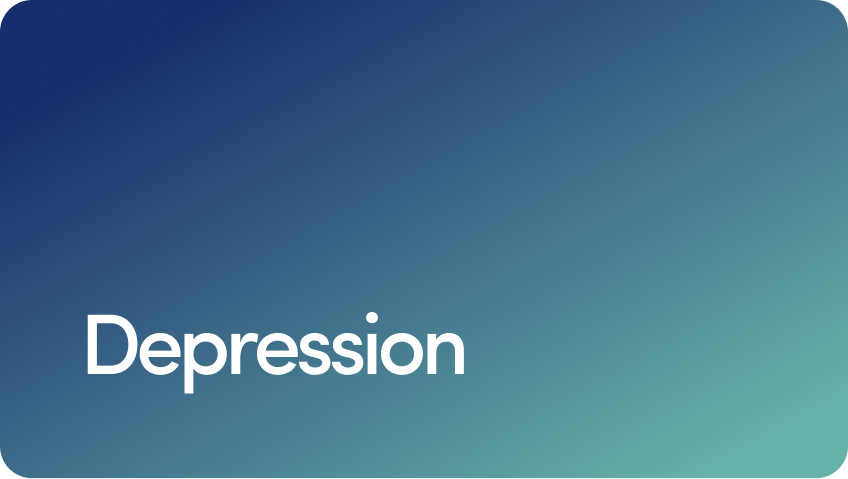 Depression
Depression
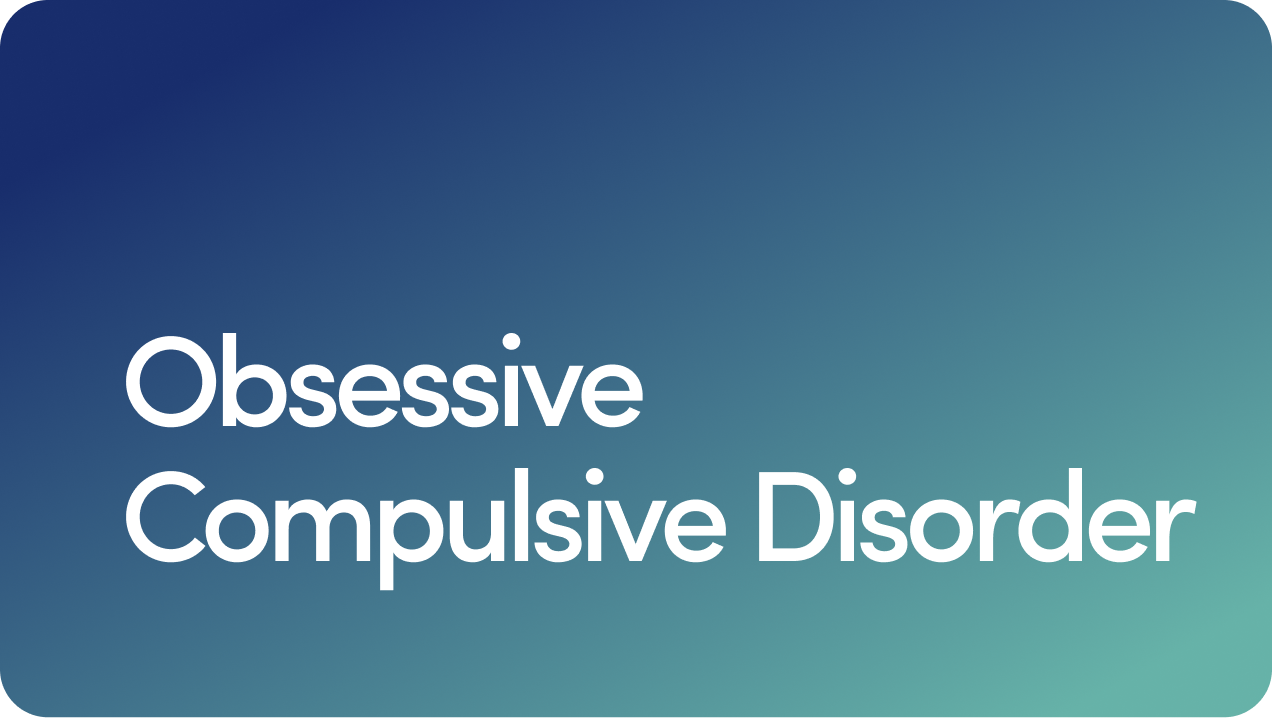 OCD
OCD
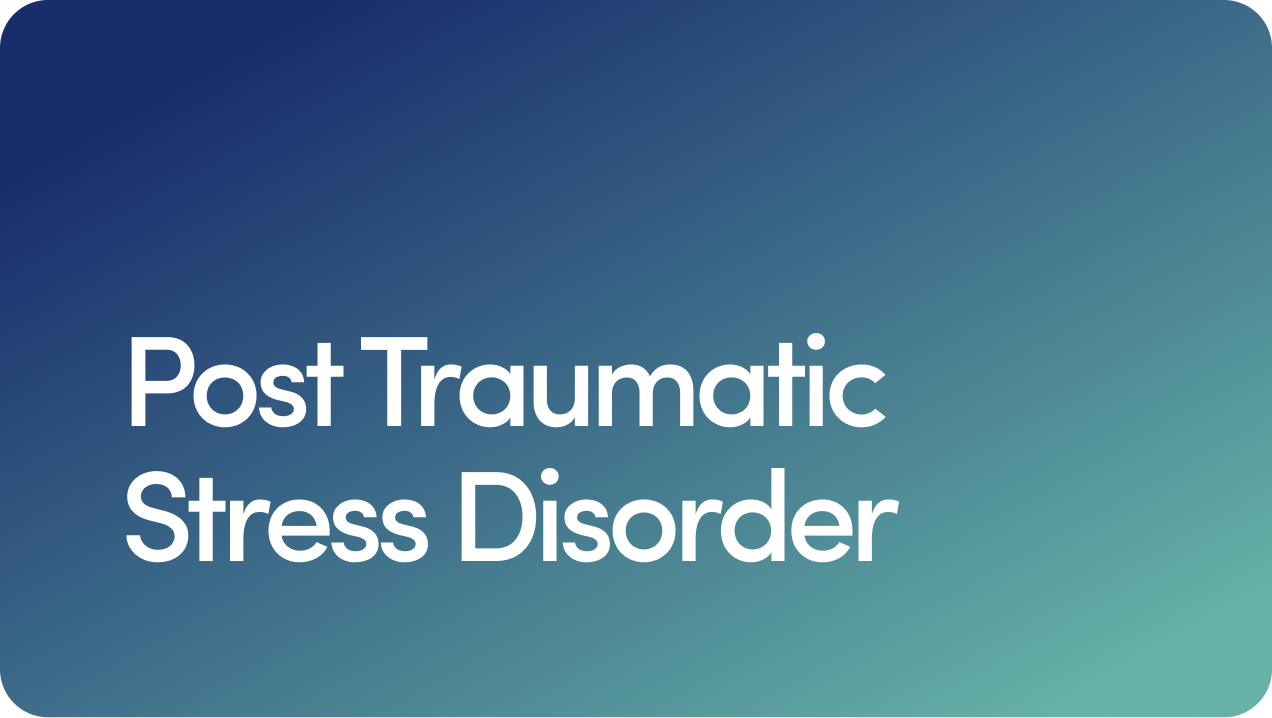 PTSD
PTSD
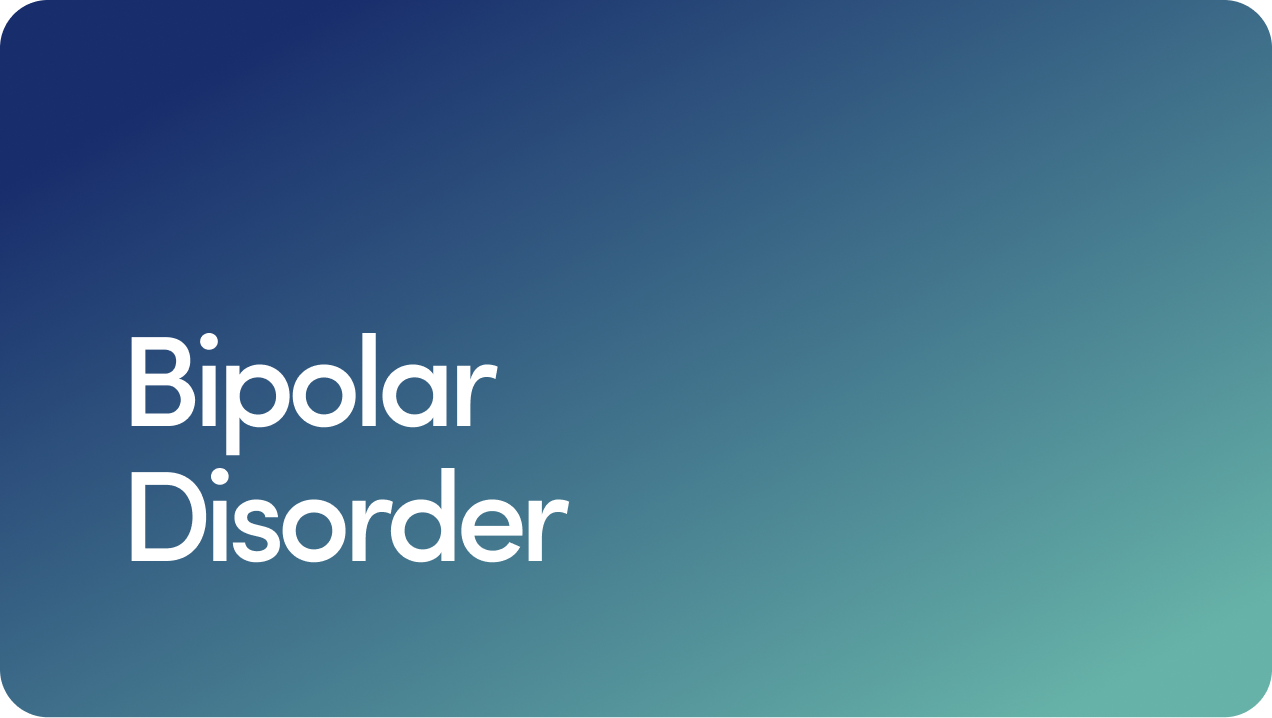 Bipolar Disorder
Bipolar Disorder
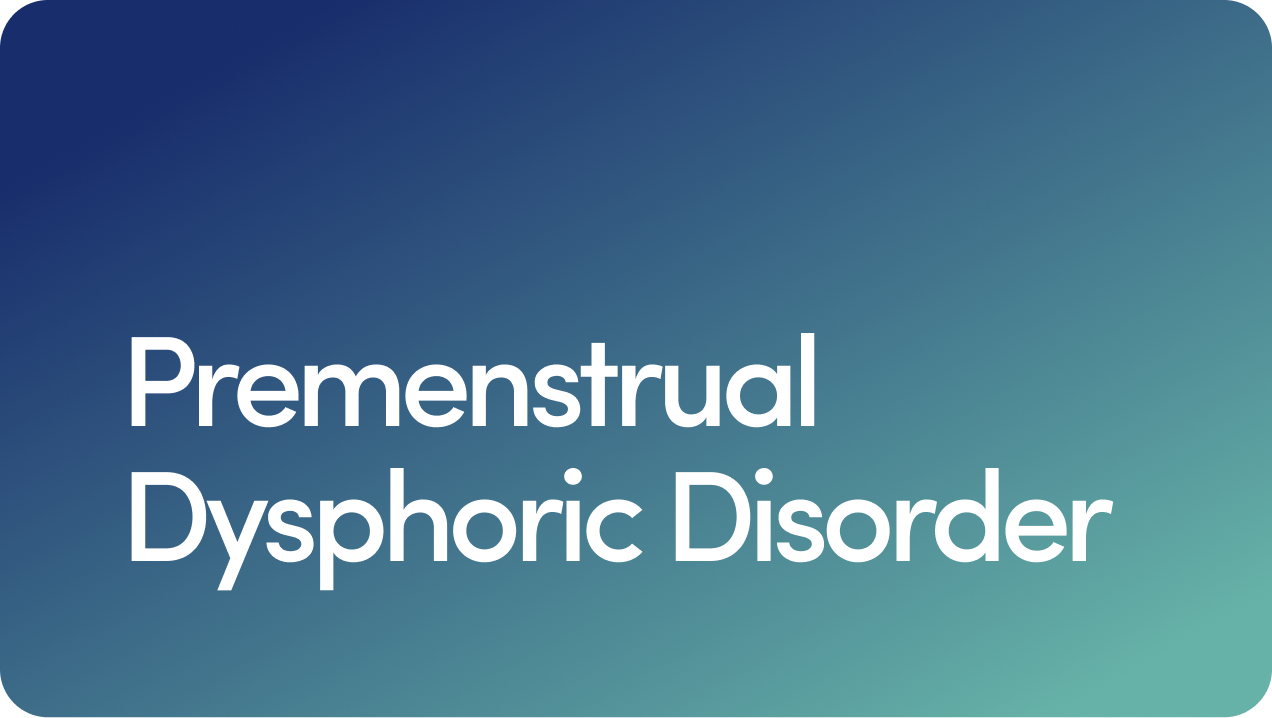 Premenstrual Dysphoric Disorder
Premenstrual Dysphoric Disorder